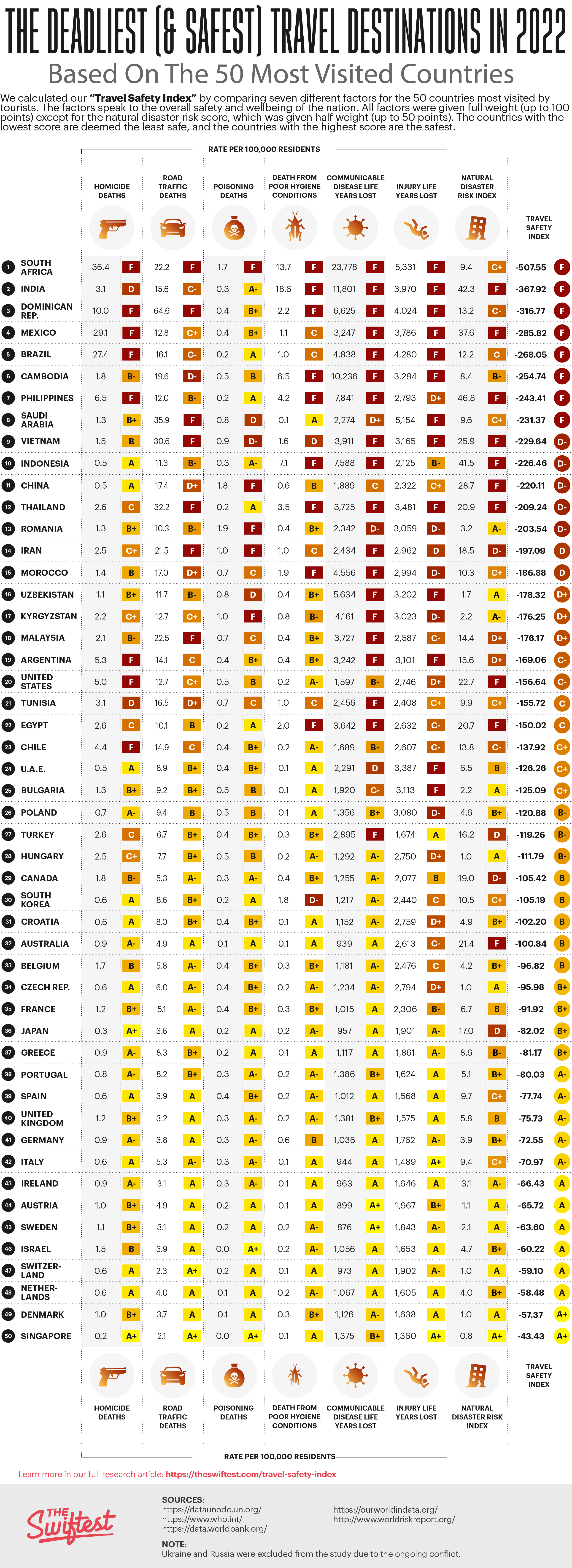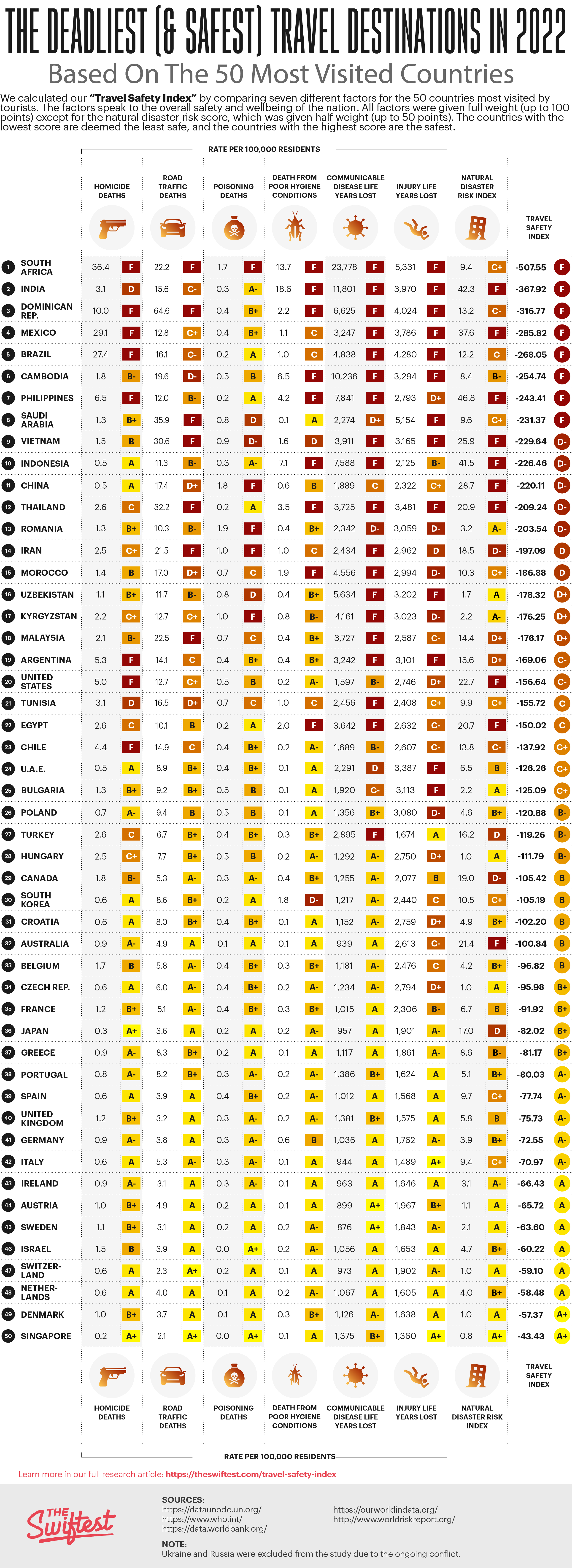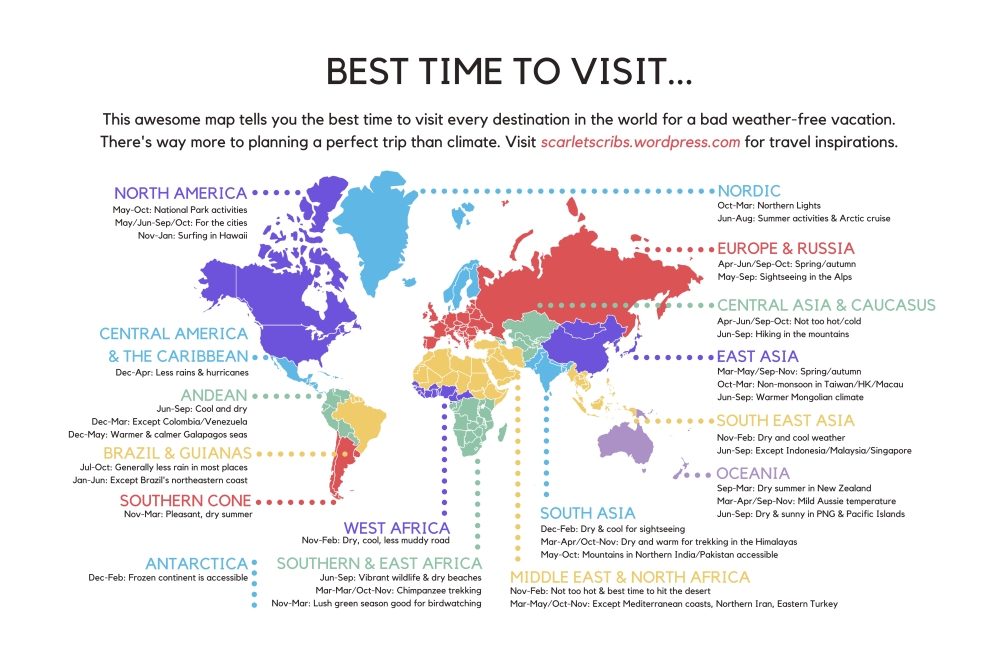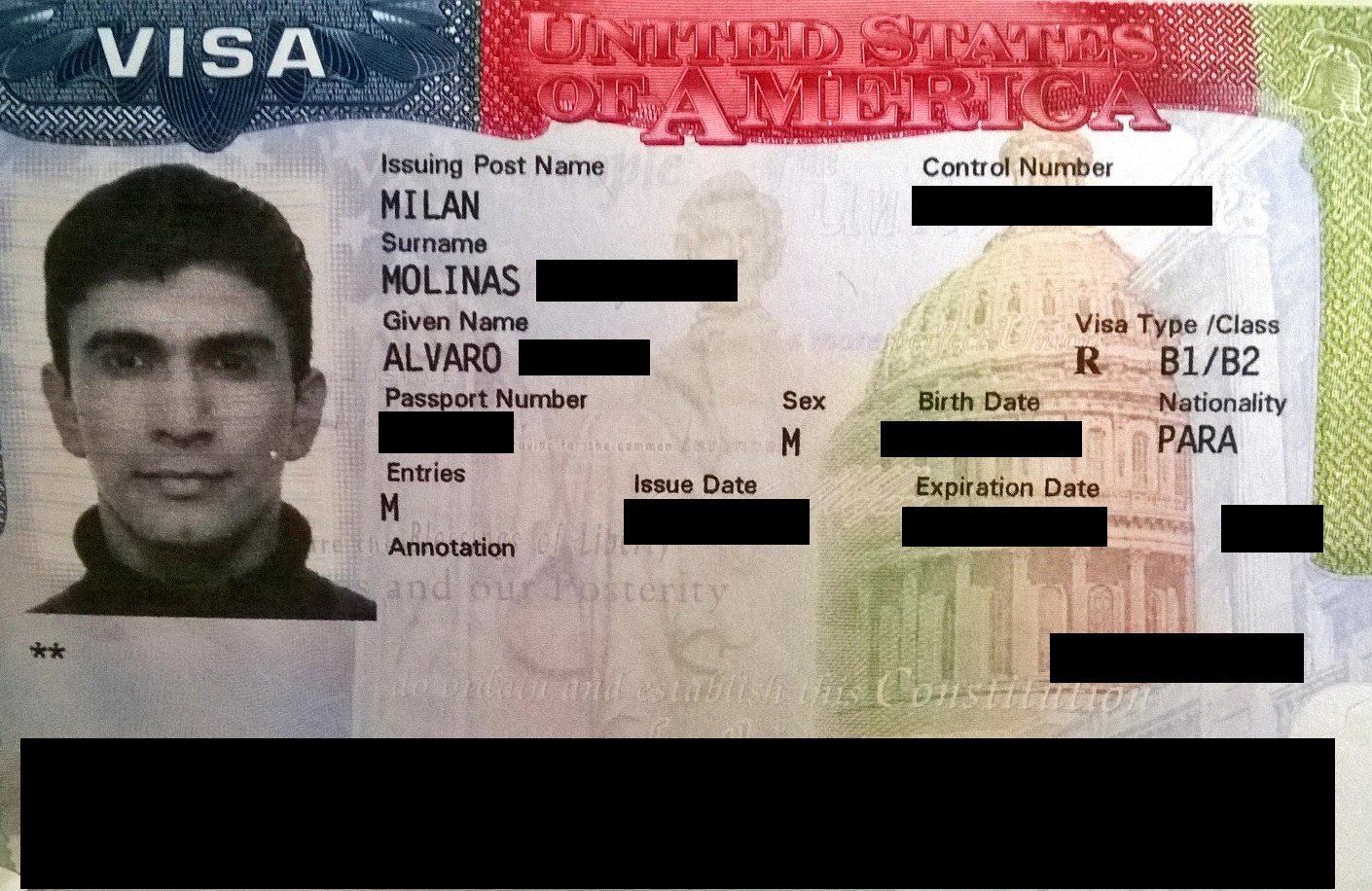
When planning an international getaway, you might be thrilled to learn that some destinations boast safety scores comparable to the most secure locales in the world. Countries like Iceland and Switzerland often top the charts with their low crime rates and excellent health facilities. Moreover, these nations are well-regarded for their welcoming atmosphere and meticulous attention to visitors’ security.
Historically, destinations such as Singapore have made noteworthy strides in establishing themselves as safe havens, partially due to their stringent law enforcement and effective public policies. Singapore’s commitment is clearly reflected in the Global Peace Index, where such regions consistently rank high. Additionally, countries like Japan, with its empathetic culture and technological advancements, offer additional layers of safety for international tourists.

What are the safest international destinations?
Traveling abroad can be thrilling, but safety is always a top concern. Some destinations stand out for their impressive safety records. For instance, Iceland is often celebrated for its peaceful environment and minimal crime rates. Visitors can enjoy its stunning landscapes without constantly worrying about their well-being. Moreover, the locals are friendly and helpful, adding to the sense of security.
Switzerland is another excellent choice for those prioritizing safety. Known for its neutrality in international conflicts, this country ensures a secure travel experience. Public transportation is efficient, and health facilities are top-notch. With a well-maintained public system, both locals and tourists can move around without stress. The beautiful Swiss Alps add a scenic backdrop to a worry-free visit.
Japan is renowned for its advanced technology and respectful culture. Safety is embedded in the daily life here, and many cities offer unique experiences. Whether you’re exploring vibrant Tokyo or the historic temples in Kyoto, a sense of security surrounds you. Good manners and cleanliness are standard, further enhancing the overall experience. This makes Japan a standout choice for international travel.
- Iceland’s crime rate is one of the lowest globally.
- Switzerland remains neutral in most global conflicts.
- Japan’s efficient transport is renowned worldwide.
These countries offer more than just safety; they provide enriching cultural experiences. While exploring new places, having peace of mind ensures a fulfilling journey. Always research and prepare ahead to maximize your travel’s safety aspect.
Analyzing Safety Scores: Methodology
Safety scores play a crucial role in determining safe travel destinations. Several metrics are used to calculate these scores, ensuring accuracy and relevance. These include crime rates, healthcare quality, and political stability. Evaluators rely on reputable data sources, often analyzing trends over several years. This method provides a reliable overview for travelers seeking safe options.
Experts often compile this data into comprehensive reports. Organizations like the Global Peace Index are prominent in this field. They rank countries based on factors like internal safety and international relations. Their findings are regularly updated, reflecting the changing global landscape. This assists travelers in making informed decisions.
To keep the data accurate, analysts use advanced statistical techniques. This involves
- data normalization
- error checking
- cross-referencing multiple data sets
These steps help to minimize inaccuracies and provide clear insights. By ensuring data integrity, safety scores become more trustworthy and practical.
Besides statistics, surveys often offer additional perspectives. Travelers and locals contribute by sharing their firsthand experiences. This personal feedback complements the hard data and provides a rounded understanding. By combining statistics with real-world insights, safety score methodologies remain robust and insightful. Travelers can then explore the world with greater confidence.
Safety Profile: Top 5 Destinations
The safety profile of a destination is crucial for international travelers. Iceland tops the list with its low crime rate and robust infrastructure. Tourists often praise its friendly residents and natural beauty. Additionally, Iceland’s clear policies ensure comfort for both locals and tourists. It’s a dream spot for those who prioritize peace during their travels.
Next is Singapore, a city-state known for its stringent laws. This place combines modernity with a rich cultural heritage. Streets are clean, and public transport is efficient. The country’s dedication to maintaining order creates a safe atmosphere. Visitors can explore freely, enjoying both safety and vibrant city life.
Switzerland also ranks high due to its political neutrality. The country’s health system and public transportation are exemplary. This allows tourists to enjoy breathtaking landscapes without concerns. In winter, ski resorts are a major attraction. Traveling here promises both safety and a unique cultural experience.
- Iceland
- Singapore
- Switzerland
- Japan: renowned for traditions and technology
- Canada: offers vast natural wonders and welcoming cities
Each of these destinations boasts strong safety records, making them ideal choices for travelers worldwide. Their dedication to maintaining safety makes them standout options. Tourists can adventure confidently, knowing these countries prioritize visitor security.
The Role of Cultures in Safety
Culture plays a pivotal role in shaping a nation’s safety. Traditions and societal norms often contribute to a collective sense of responsibility. For example, in Japan, cultural values emphasize respect and harmony. This approach leads to a cooperative and peaceful society. Visitors often feel safe due to the community’s ingrained courteous behavior.
The influence of culture on safety is evident in Nordic countries too. In places like Sweden and Norway, social welfare systems are strong. These societies value equality, which contributes to lower crime rates. People tend to look out for one another, creating a nurturing environment. Such cultural practices ensure high levels of trust within communities.
- Japan: Emphasis on respect and harmony
- Sweden: Focus on equality and welfare
- New Zealand: Community-driven security
New Zealand is another example where culture boosts safety. The Māori principles of community and care play a significant role. This cultural approach encourages collaborative security, making it a welcoming destination for tourists.
In Canada, diversity adds layers to the cultural fabric, enhancing safety. The multicultural setting promotes understanding and tolerance. This acceptance reduces conflicts among different groups. Canadians often show hospitality, making visitors feel secure and included. Such open-mindedness defines their approach to public safety.
Embedding cultural values in safety policies can have long-lasting impacts. Communities that uphold cooperation and respect naturally experience less crime. Governments can learn much from these cultural practices to enhance national safety. As cultures evolve, keeping their positive aspects helps build secure environments. Embracing these values assures a harmonious world for future generations.
Impacts of Technological Advancements on Safety in Destinations
Technological advancements have revolutionized safety in travel destinations. Modern surveillance systems, such as CCTV, are more efficient than ever before. They help monitor public spaces, reducing crime and increasing security. Many cities now employ these systems to safeguard both residents and tourists alike. This technology provides a sense of reassurance and protection.
Another significant development is the rise of digital platforms for emergency assistance. With smartphones, travelers can access safety apps instantly. These tools provide immediate directions and contact with local authorities. In emergencies, such apps offer crucial advice and help. They empower tourists to handle unforeseen challenges swiftly.
- Real-time traffic updates
- Automated translation apps
- Online local guides
The widespread use of GPS and map applications has enhanced navigation. Tourists can now explore new areas without getting lost. Real-time traffic updates and location tagging have made it easier for everyone to stay safe. This technological advantage ensures you can explore stress-free, focusing more on enjoyment.
Advanced communication tools have enabled better connectivity. In destinations with cutting-edge internet infrastructure, staying informed is seamless. From automated translation apps to online local guides, technology bridges gaps. Travelers experience locales in-depth with minimal confusion. Such advancements make international travel smarter and safer.
Lastly, technology supports local governments in disaster management. Predictive analytics help forecast possible risks, ensuring timely responses. Automated warning systems notify people about threats like storms or earthquakes. This preparedness protects communities and visitors alike. By leveraging these advancements, destinations can assure a safer travel environment.
Precautions to Ensure Personal Safety While Traveling Abroad
When traveling abroad, taking precautions is essential for staying safe. Researching your destination beforehand provides valuable insights into local customs and safe areas. Understanding the cultural norms helps avoid misunderstandings that may put you at risk. It’s wise to check the travel advisories issued by your government. This information can guide you in making informed travel choices.
Travel insurance is an important safety net. It covers unforeseen events like medical emergencies or lost belongings. Having a comprehensive policy ensures that you’re protected in various situations. Always carry a copy of your policy number and emergency contact details. This preparation provides peace of mind, allowing you to enjoy your trip.
- Keep copies of important documents
- Stay in well-lit areas
- Avoid displaying expensive items
Remaining aware of your surroundings can significantly boost personal safety. Simple actions like keeping copies of important documents and staying in well-lit areas make a difference. Avoid displaying expensive items, as they may attract unwanted attention. These small precautions reduce the likelihood of becoming a target for theft.
Communication is vital when traveling. Let someone trustworthy know your itinerary and check in regularly. This habit keeps people informed about your whereabouts. It’s also helpful to know emergency numbers in the country you’re visiting. These measures ensure quick contact if you run into any trouble.
Using transportation wisely is another aspect of staying safe. Opt for reputable taxis or rideshare services instead of wandering alone at night. Familiarize yourself with local transit systems to prevent confusion. Many places offer tourist cards with transit tips to guide newcomers. These steps contribute to a more secure and enjoyable journey.
Finally, trust your instincts during your travels. If something feels off, it’s okay to change your plans. Safety should always come first, and being prepared makes a significant difference. Embrace the adventure while taking appropriate precautions. These guidelines help you explore the world confidently and securely.
Frequently Asked Questions
Exploring safe international destinations involves understanding various factors that contribute to security and peace. Here, we answer five engaging questions that delve into different aspects of travel safety worldwide.
1. How can technology enhance safety during international travel?
Technology significantly boosts safety by providing real-time updates and emergency assistance. Mobile apps offer navigation tips and alerts, helping travelers avoid risky areas. Additionally, technologies like GPS enable tourists to explore confidently without getting lost. They ensure that assistance is available quickly if needed.
Moreover, safety apps allow users to save key contacts and information for immediate access in emergencies. Many countries also use digital systems to strengthen their security infrastructure, which enhances visitor protection. These tools transform the travel experience by enabling smarter decisions and ensuring peace of mind.
2. What role does cultural awareness play in ensuring travel safety?
Cultural awareness is crucial when traveling as it aids in understanding local customs and expectations. Respecting and observing cultural norms reduces the chances of misunderstandings or conflicts. Being informed about traditions allows travelers to interact harmoniously with locals, enhancing their sense of security.
Recognizing cultural differences also promotes positive travel experiences by building mutual respect. Tourists become more adaptable and empathetic, navigating new environments effectively. This awareness benefits both visitors and hosts, creating a more respectful and safe atmosphere.
3. How do governments ensure the safety of international travelers?
Governments implement multiple strategies to safeguard international travelers, including strict security protocols at airports and public venues. They provide comprehensive travel advisories highlighting potential risks. Tourist information centers serve as reliable sources of advice and emergency contacts.
Additionally, many countries enhance safety by deploying surveillance systems like CCTV in public areas. Regular patrols and efficient emergency response teams ensure quick assistance. These measures build a secure environment, reassuring visitors of their commitment to safety.
4. What are the benefits of travel insurance in securing a safe trip abroad?
Travel insurance offers crucial coverage for unexpected events like health emergencies or trip disruptions. It ensures access to medical care without heavy out-of-pocket expenses. Having insurance can also cover loss from theft or damage, providing financial protection.
This coverage allows travelers to focus on enjoying their trip without constant worry. Knowing that assistance is available in emergencies ensures peace of mind. These factors make travel insurance a key component of safe and secure international travel experiences.
5. What should travelers consider when choosing a safe destination?
When selecting a destination, travelers should examine safety reports and travel advisories. Reviewing crime statistics and local healthcare quality helps gauge the overall safety. Understanding political stability and environmental conditions is also vital.
Seeking feedback from other travelers can provide insights into personal experiences. It also highlights any safety concerns to be mindful of. Weighing these factors ensures that travelers make informed decisions for a worry-free journey.
Conclusion
Understanding the safety of international destinations is vital for planning secure and enjoyable travel. By recognizing the roles of technology, culture, and government measures, travelers can make informed decisions. These elements collectively contribute to a safer world for exploration, fostering confidence among global adventurers.
With thorough research and precautions, travelers can experience the diverse joys each destination offers without compromising their safety. Whether using technology or being culturally aware, these strategies ensure peace of mind. As a result, the world becomes a more accessible and intriguing place for travelers everywhere.






